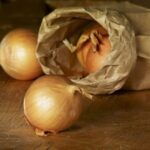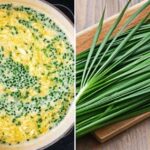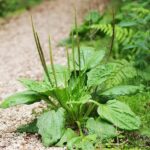Basil is a popular herb in Vietnam, with its leaves, seeds, and wings being the most commonly used parts of the plant. According to Doctor of Medicine, Lam Nguyen Thuy An, from Ho Chi Minh City University of Medicine and Pharmacy, basil has a spicy taste and a warm nature, and is known to benefit the lungs and spleen in Traditional Chinese Medicine. Notably, basil leaves contain a volatile essential oil that is often used for fragrance extraction, medicine, and cooking. This essential oil also contains various bioactive compounds, including antibacterial, antiviral, antifungal, anti-inflammatory, anticancer, anti-diabetic, and antioxidant properties.
Doctor Nguyen Thu Thuy, Head of Traditional Medicine at Duc Giang General Hospital in Hanoi, highlights the rich vitamin and mineral content of basil leaves. Regular consumption can help treat skin conditions such as hives and acne. Basil is also a cooling herb, often used in formulas to support liver cooling and detoxification.
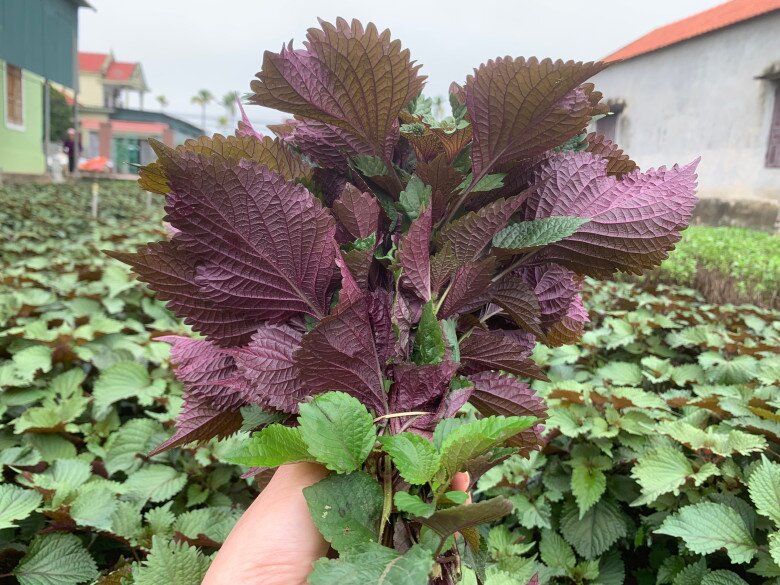
Basil is widely cultivated in Vietnam.
Ways to Use Basil Leaves
Raw Consumption: Rinse the basil leaves, soak them in a diluted salt water solution, then drain and consume as raw vegetables.
Basil Porridge: Clean and finely chop the basil leaves, then mix them with plain white rice porridge. Consume it while it’s still hot. This method helps induce sweating and provides quick relief from colds. Fresh basil leaves can also be used as a seasoning in dishes such as porridge, tomato or eggplant soups, and tofu.
Basil Drink: Crush 15-20g of fresh basil, add boiling water, and drink the clear water.
Basil Tea: Rinse the basil leaves and air-dry them. Alternatively, you can add a small amount of rock sugar to the basil water, boil it, filter the water, and then add lemon juice before consuming.
Bath or Steam Inhalation: Chop fresh basil leaves and branches into small pieces and rinse them. Soak them in boiling water for about 15 minutes, then mix with cold water to create a comfortably warm bath. Do this about four times a week.
Additionally, you can cook basil leaves with rock sugar and lemon leaves and drink the concoction when it’s warm. According to Doctor Thuy, both basil and lemon are rich in vitamin C and contain anti-inflammatory compounds. Therefore, consuming this drink will help improve your health, boost your immune system, and benefit both the elderly and children.
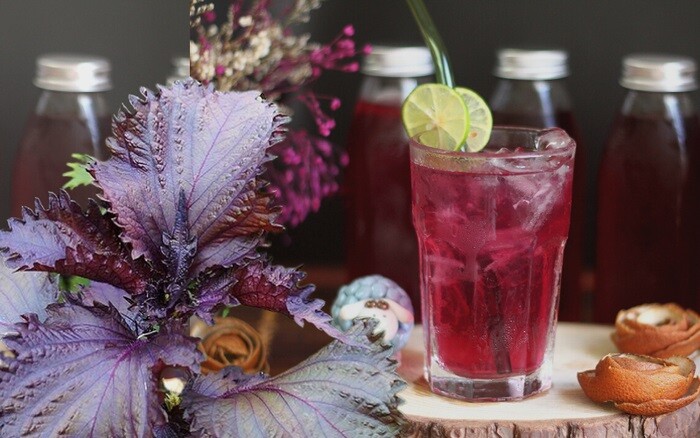
Basil can be consumed raw, cooked, or made into a drink.
Precautions When Using Basil Leaves
Doctor Thuy An advises that while basil offers numerous benefits, it may also have some unwanted effects. Therefore, it’s important to keep the following in mind:
– Avoid excessive consumption of basil, as it may cause fatigue, loss of appetite, shallow breathing, dizziness, constipation, and reddish urine.
– People experiencing heatstroke or excessive sweating should refrain from using basil, as its medicinal properties can induce sweating, and prolonged use may worsen the condition.
– For pregnant women, although basil has a stabilizing effect on the fetus, excessive and prolonged consumption may lead to increased blood pressure.
– Doctor Thuy An also emphasizes that basil is a supportive herb, and in cases of severe illness, it should not be used as a substitute for specialized medical treatment and diagnosis.
The Ultimate Egg Fry: A Japanese Twist on a Classic
The Vietnamese have a unique tradition of frying eggs with scallions, resulting in a delicious and nutritious dish. The secret lies in the aromatic scallions, which elevate the humble egg into a culinary masterpiece. By incorporating these flavorful greens, you’ll discover a mouthwatering and wholesome treat that will tantalize your taste buds.
























